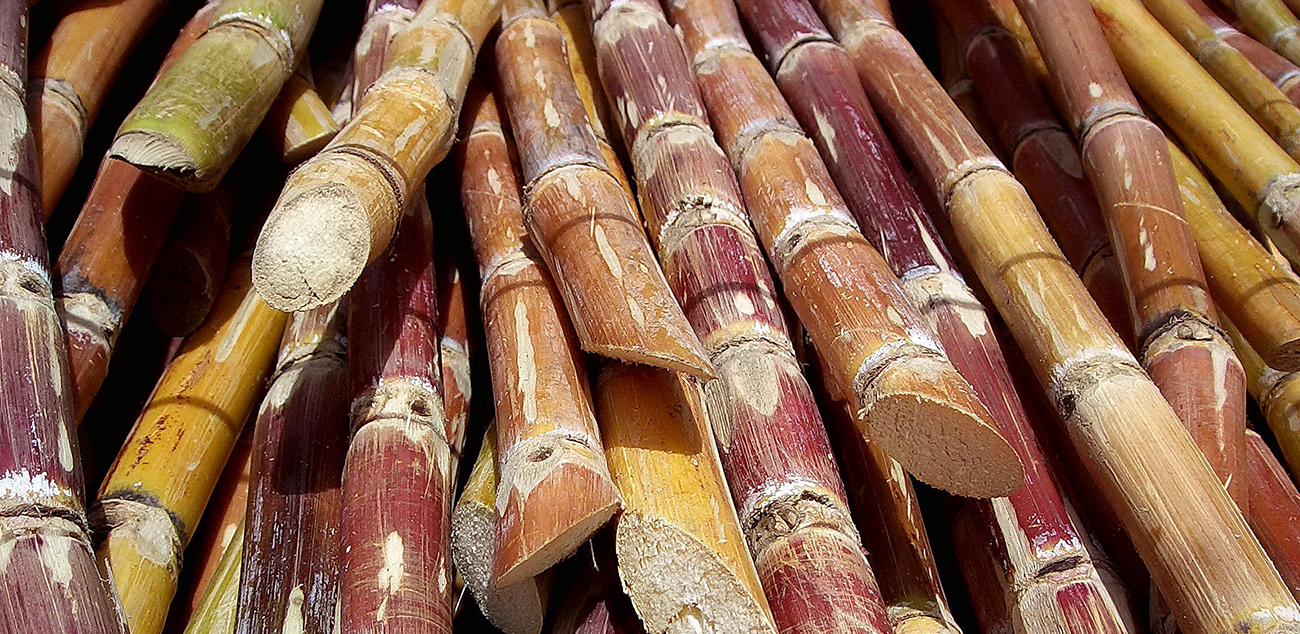Sugarcane produces 80 percent of the world’s sugar, which is of interest to bioenergy researchers who want to develop sustainable alternative fuels. Improving sugarcane breeding methods using molecular biology techniques has been hampered by the crop’s highly polyploid genome, which makes sequencing and assembly of the genome extremely challenging. As part of a proposal by JBEI, the JGI was part of an international team led by researchers from the French Agricultural Research Centre for International Development (CIRAD), who worked on sequencing and assembling fragments of sugarcane chromosomes into the first monoploid reference of the gene-rich part of the sugarcane genome. Reported in Nature Communications, their approach relied in part on having a sequence for sugarcane’s relative sorghum, a JGI Plant Flagship Genome sequence, and knowing that there was a high level of colinearity between the two crops, which meant most genes in sorghum occurred roughly in the same order in sugarcane. Learn more on the JGI website.
Was this page useful?
Send





